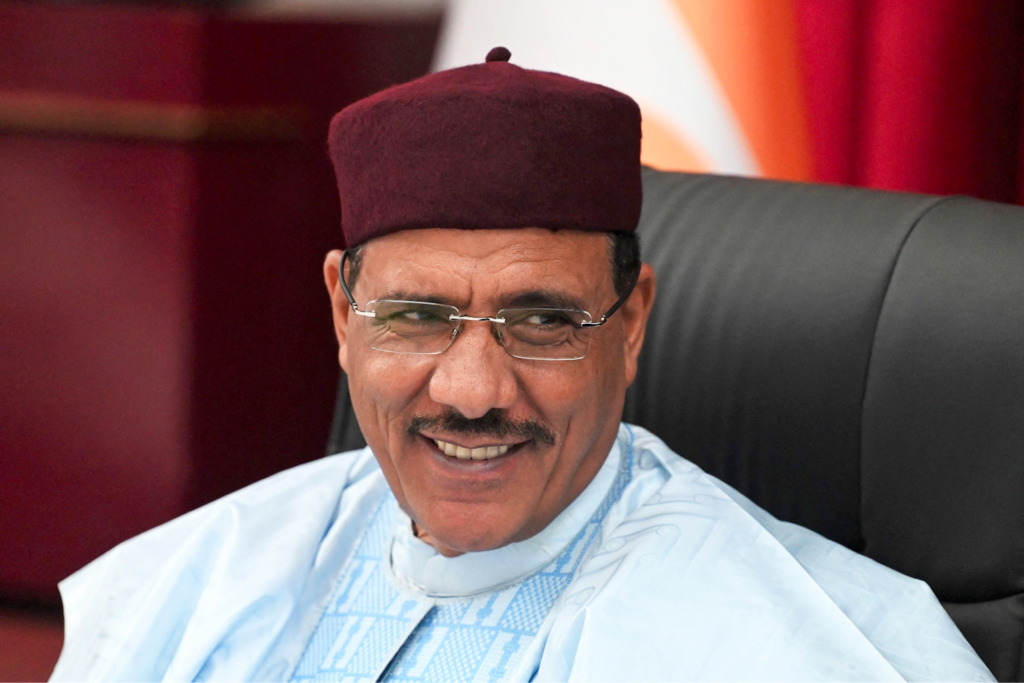In a shocking revelation, Colonel Amadou Abdramane, one of the leaders of the recent coup in Niger, asserted on state television that the ousted government had authorized France to launch an attack on the presidential palace in an attempt to free President Mohamed Bazoum. According to Abdramane, the alleged authorization was signed by Foreign Minister Hassoumi Massoudou, acting as prime minister. However, these claims have yet to be independently verified, and the whereabouts of Massoudou and Bazoum remain unknown.
France, Niger’s former colonial ruler, promptly condemned the coup and called for the reinstatement of President Bazoum but refrained from announcing any intention to intervene militarily. Responding to the allegations, the French foreign ministry neither confirmed nor denied them, emphasizing that the only legitimate authority recognized in Niger was Bazoum. The ministry also underscored the priority of ensuring the security of French citizens and facilities, emphasizing compliance with international law.
The presidential guard, responsible for seizing power by blocking President Bazoum inside the palace in Niamey, the capital, issued warnings against foreign attempts to extract the president, vowing that such actions would lead to bloodshed and chaos. Colonel Abdramane’s assertions emerged on the heels of a call from the Economic Community of West African States (ECOWAS), which demanded Bazoum’s reinstatement within a week during an emergency summit in Nigeria. ECOWAS warned of potential forceful measures if constitutional order was not restored promptly.
Chadian President Mahamat Idriss Deby, serving as an ECOWAS envoy, visited Niamey and held separate meetings with Bazoum and Omar Tchiani, the head of the presidential guard who has been named head of state. ECOWAS responded to the coup by imposing stringent sanctions, including the suspension of all commercial and financial transactions between member states and Niger, along with the freezing of assets in regional central banks. These economic sanctions, coupled with the country’s heavy reliance on imports from Nigeria, could have severe consequences for Niger, one of the world’s poorest nations.
Prime Minister Ouhoumoudou Mahamadou expressed concern about the potential impact of the sanctions, highlighting the country’s dependence on the international community. With land borders and air borders closed, Mahamadou emphasized the urgent need for Niger to find a solution to avoid the looming economic crisis. The political landscape of landlocked Niger, marked by a turbulent history since gaining independence in 1960, faces escalating challenges with the recent coup, further complicating the nation’s pursuit of stability.

